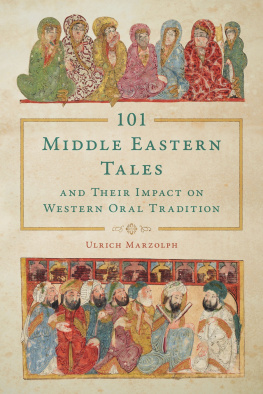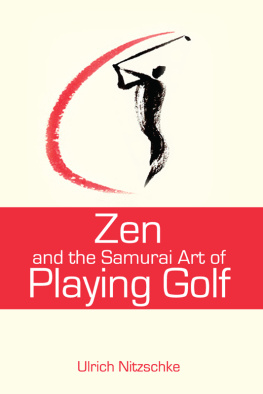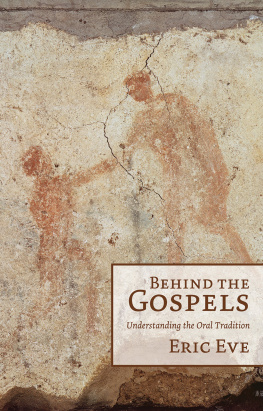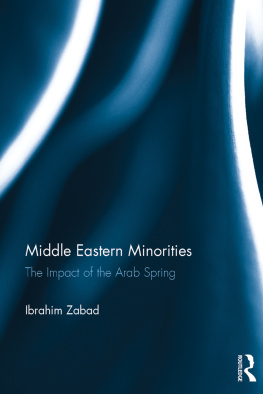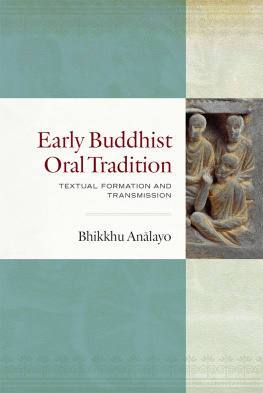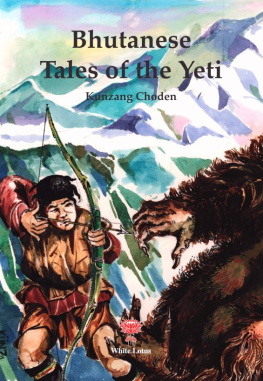Ulrich Marzolph - 101 Middle Eastern Tales and Their Impact on Western Oral Tradition
Here you can read online Ulrich Marzolph - 101 Middle Eastern Tales and Their Impact on Western Oral Tradition full text of the book (entire story) in english for free. Download pdf and epub, get meaning, cover and reviews about this ebook. year: 2020, publisher: Wayne State University Press, genre: Home and family. Description of the work, (preface) as well as reviews are available. Best literature library LitArk.com created for fans of good reading and offers a wide selection of genres:
Romance novel
Science fiction
Adventure
Detective
Science
History
Home and family
Prose
Art
Politics
Computer
Non-fiction
Religion
Business
Children
Humor
Choose a favorite category and find really read worthwhile books. Enjoy immersion in the world of imagination, feel the emotions of the characters or learn something new for yourself, make an fascinating discovery.
- Book:101 Middle Eastern Tales and Their Impact on Western Oral Tradition
- Author:
- Publisher:Wayne State University Press
- Genre:
- Year:2020
- Rating:3 / 5
- Favourites:Add to favourites
- Your mark:
- 60
- 1
- 2
- 3
- 4
- 5
101 Middle Eastern Tales and Their Impact on Western Oral Tradition: summary, description and annotation
We offer to read an annotation, description, summary or preface (depends on what the author of the book "101 Middle Eastern Tales and Their Impact on Western Oral Tradition" wrote himself). If you haven't found the necessary information about the book — write in the comments, we will try to find it.
Ulrich Marzolph: author's other books
Who wrote 101 Middle Eastern Tales and Their Impact on Western Oral Tradition? Find out the surname, the name of the author of the book and a list of all author's works by series.
101 Middle Eastern Tales and Their Impact on Western Oral Tradition — read online for free the complete book (whole text) full work
Below is the text of the book, divided by pages. System saving the place of the last page read, allows you to conveniently read the book "101 Middle Eastern Tales and Their Impact on Western Oral Tradition" online for free, without having to search again every time where you left off. Put a bookmark, and you can go to the page where you finished reading at any time.
Font size:
Interval:
Bookmark:
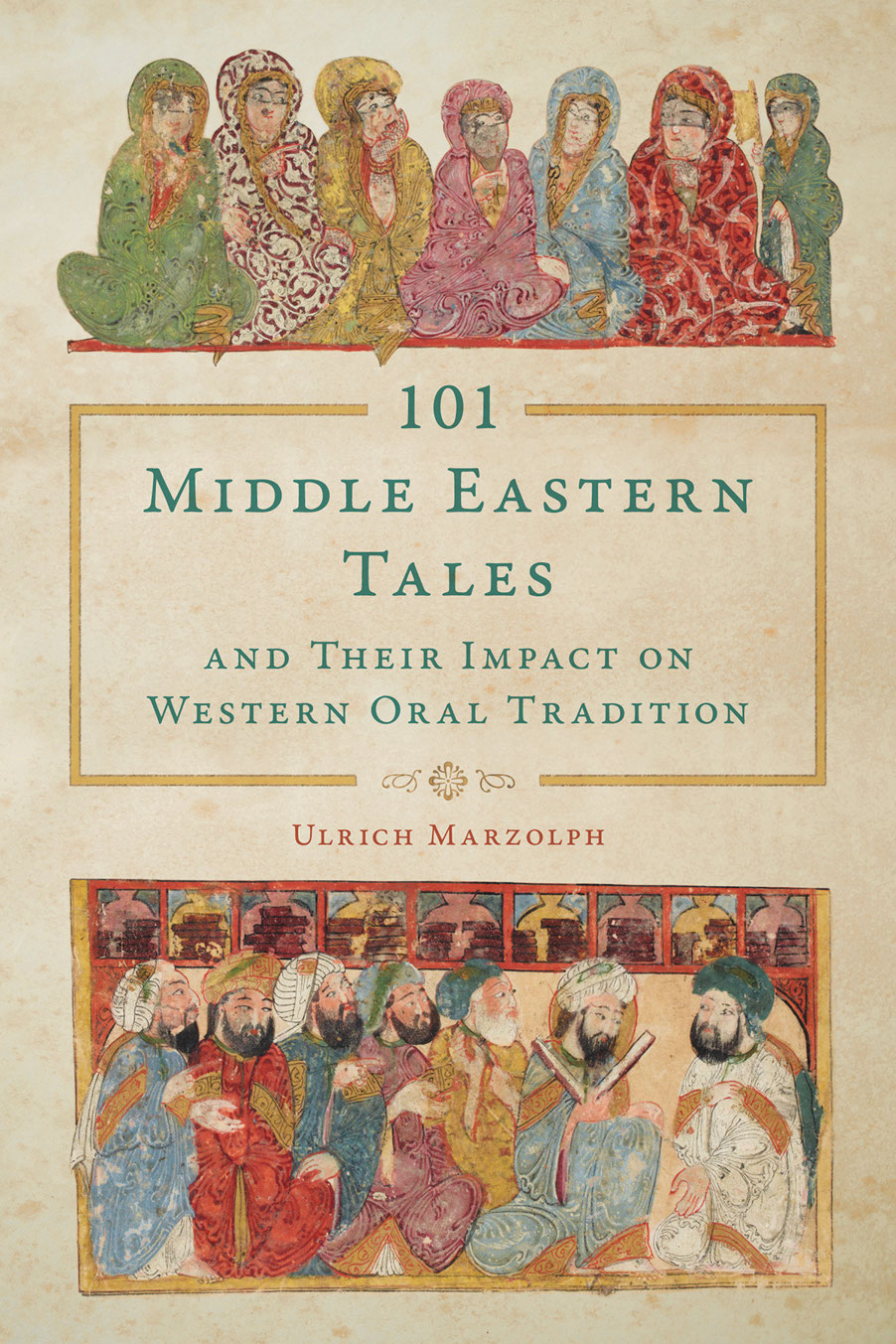
From Belling the Cat to A Pound of Flesh, an absolute master of comparative folklore identifies the Middle Eastern narratives that have entered the Western oral tradition in the past millennium. Ulrich Marzolphs mastery of classical Persian, Arabic, and Ottoman Turkish sources shines through this volume and will engage the expert and entertain the lay reader.
MAHMOUD OMIDSALAR, consulting editor in folklore for the Encyclopaedia Iranica and resident scholar at Dr. Samuel M. Jordan Center for Persian Studies at the University of California, Irvine
A bold contribution founded on intimate knowledge of European and Middle Eastern folk narrative scholarship.
HASAN EL-SHAMY, professor emeritus in the Departments of Folklore and Ethnomusicology and Near Eastern Languages and Cultures, Indiana University, Bloomington
This book is an endlessly fascinating story of our stories, tracing the resonant linkage between individual tales preserved in Middle Eastern literary traditions and their later lives, as they were transmitted to the West and then circulated orally across Europe and beyond. Marzolphs erudition and appetite for literary treasure hunts are unsurpassed.
MARGARET MILLS, author of Rhetorics and Politics in Afghan Traditional Storytelling
101 Middle Eastern Tales and Their Impact on Western Oral Tradition
Ulrich Marzolph

Wayne State University Press
Detroit
Copyright 2020 by Wayne State University Press, Detroit, Michigan 48201. All rights reserved. No part of this book may be reproduced without formal permission. Manufactured in the United States of America.
ISBN 978-0-8143-4773-7 (paperback);
ISBN 978-0-8143-4774-4 (case);
ISBN 978-0-8143-4775-1 (ebook)
Library of Congress Cataloging Number: 2019948753
Published with the assistance of a fund established by Thelma Gray James of Wayne State University for the publication of folklore and English studies.
Wayne State University Press
Leonard N. Simons Building
4809 Woodward Avenue
Detroit, Michigan 482011309
Visit us online at wsupress.wayne.edu
On cover: Two illustrations from the thirteenth-century copy of the Maqmt by al-arr (d. 1122) preserved in the Bibliothque Nationale de France, Arabe 5847
Cover design by Lindsey Cleworth
Since antiquity, the Orient constitutes the quintessential Other vis--vis the European cultures. While delineation against this Other served to define and reassure the Self, the Orient also constituted a constant source of fascination, attraction, and inspiration. Probably the most instructive historical example for this ambiguous attitude toward the Orient is the narrative appropriation of Oriental realms in the Romance of Alexander. Particularly since the advent of Islam in the seventh century CE and ensuing cultural contacts between the Muslim world and Christian Europe, tales were a vital part of the intellectual goods that traveled East to West.
Several collections of tales transmitted a considerable number of Oriental tales to the West, initially in Latin as the medieval lingua franca of learning, and increasingly since the early modern period in the European vernacular languages. The most prominent of these collections are
the Arabic Kalla wa-Dimna (Kalla and Dimna), an adaptation of the Sanskrit Panchatantra (Five [Books of] Wisdom), whose Hebrew version was translated to Latin in John of Capuas twelfth-century Directorium vitae humanae (A Guide for Human Life);
the originally Persian Sendbd-nme (Book of Sendbd [the Sage]), variously adapted in the West, most prominently as Historia septem sapientum (Story of the Seven Sages);
Petrus Alfonsuss early twelfth-century Disciplina clericalis (The Scholars Guide), conceived in the multicultural and multireligious atmosphere of medieval Spain;
the Arabic Alf layla wa-layla (The Thousand and One Nights) in Antoine Gallands adapted and enlarged French translation Les Mille et une nuit (170417) that unwittingly and contrary to the authors well-meaning intentions contributed to the rise of Orientalism, the sweepingly uncritical and exploitative perception of the Orient; and
the Ottoman Turkish Ferec bad e-idde (Relief after Hardship), a selective adaptation of which Gallands colleague and competitor Franois Ptis de la Croix published as Les Mille et un jours (The Thousand and One Days; 171012).
In addition, numerous single tales or small clusters of tales originating from or adapted by Muslim tradition found their way into Western tradition through a variety of less prominent written or literary instances in the West, such as learned treatises, the sermons of medieval preachers, late medieval fabliaux, the works of Italian Renaissance writers or Spanish authors of the Siglo de oro, early modern chapbooks, or modern calendar literature, newspapers, and magazines. At all times, and particularly in areas and periods of intense cultural contacts between the Muslim world and the West, such as the Crusades, medieval Spain, or trade with the Levantine countries, oral tradition likely served as a powerful medium of transmission, especially of short and often jocular tales that were comparatively easy to remember and retell. Although both East and West regarded themselves as relatively closed homogenous entities, numerous cultural contacts and occasions for narrative transfer existed. Initially, these contacts predominantly occurred in the Iberian Peninsula, Sicily, Palestine and the Levant, and Byzantium and, later, in the Ottoman Empire in North Africa and the Balkans. Particularly from the Enlightenment period onward, the enthusiastic reception of Oriental literatures in such genres as the Oriental Miscellany added yet another powerful opportunity of mediating tales to the West. Whether the tales were originally part of learned, instructive, or entertaining discourses in literature or whether they originated from popular contexts in oral performance, through oral retellings numerous Oriental tales eventually became an integral part of European oral tradition, from which folklorists would eventually record the tales in the nineteenth and twentieth centuries. Already in the late Middle Ages and early modernity, in the European context tales of Oriental origin would travel as far as Scotland or Iceland. Whereas, temporally, the Western reception of Oriental tales thus covers more or less the second millennium CE, geographically it spans the whole of Western tradition in Europe and the Americas.
This book focuses on the originally Oriental tales that became part and parcel of modern Western oral tradition. Against the methodological backdrop of the academic discipline of historical and comparative folk narrative research, it surveys in detail the history, dissemination, and characteristics of 101 narratives transmitted to Western tradition from or by the Middle Eastern Muslim literatures, that is, authored written works in Arabic, Persian, and Ottoman Turkish. In order to be considered, a given tale would fulfill two criteria. First and foremost, the tale would originate from or at least be transmitted by a Middle Eastern source. This criterion is generally considered as given if a tales Middle Eastern version predates the same tales earliest attested version in a Western language. As a rule, such a Western version would postdate the year 1000, that is, belong to the high or late Middle Ages. Tales the Middle Eastern Muslim literatures share with Greek or Roman antiquity, including a fair variety of fables and short jocular tales, are excluded by definition, as it is more likely that the medieval and early modern European versions of those tales were mediated through the reception of the ancient classics since the Renaissance period rather than by way of the respective tales corresponding texts in the Middle Eastern Muslim literatures. And second, in order to be considered, a tale would be documented from recent oral tradition in the West, that is, it would, as a rule, be recorded from a Western narrators oral performance in the course of the nineteenth or twentieth centuries.
Next pageFont size:
Interval:
Bookmark:
Similar books «101 Middle Eastern Tales and Their Impact on Western Oral Tradition»
Look at similar books to 101 Middle Eastern Tales and Their Impact on Western Oral Tradition. We have selected literature similar in name and meaning in the hope of providing readers with more options to find new, interesting, not yet read works.
Discussion, reviews of the book 101 Middle Eastern Tales and Their Impact on Western Oral Tradition and just readers' own opinions. Leave your comments, write what you think about the work, its meaning or the main characters. Specify what exactly you liked and what you didn't like, and why you think so.

